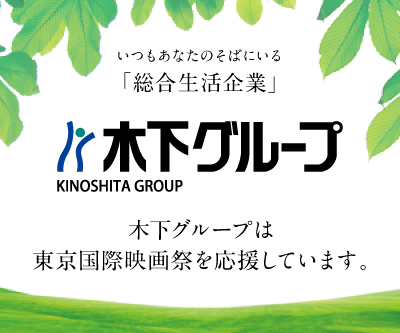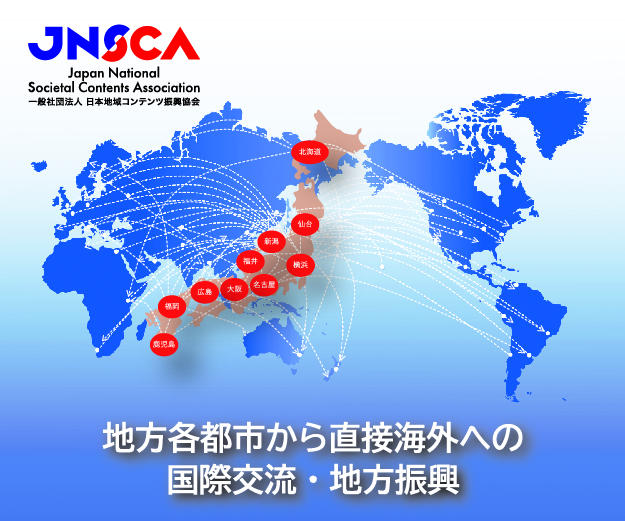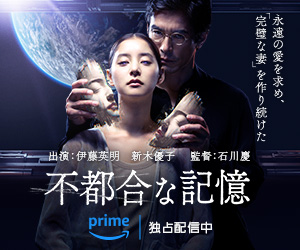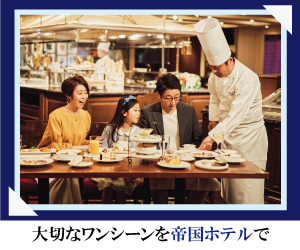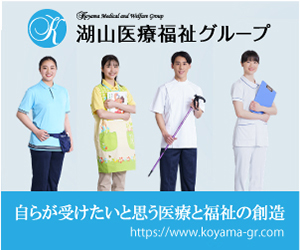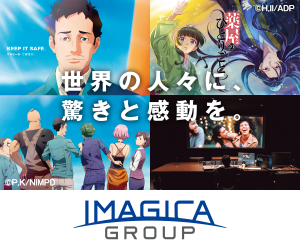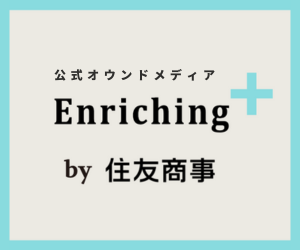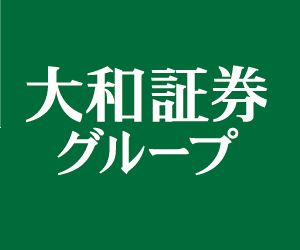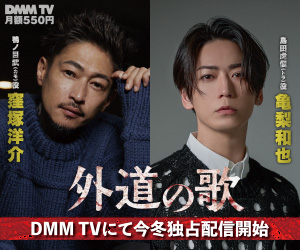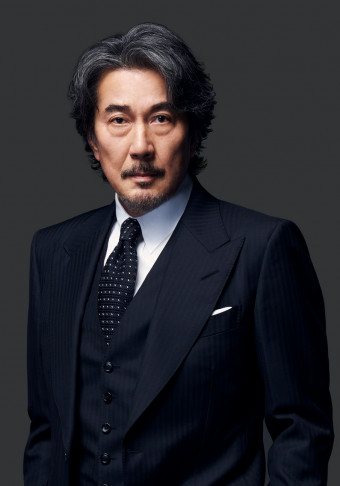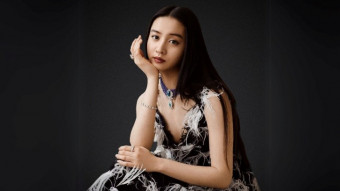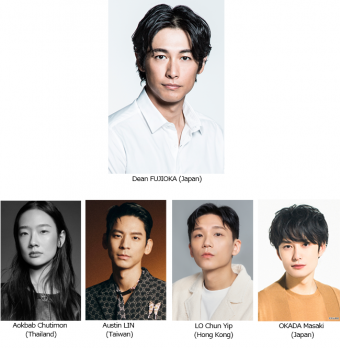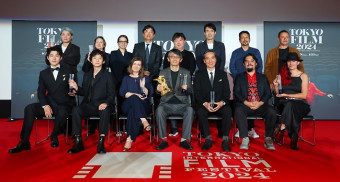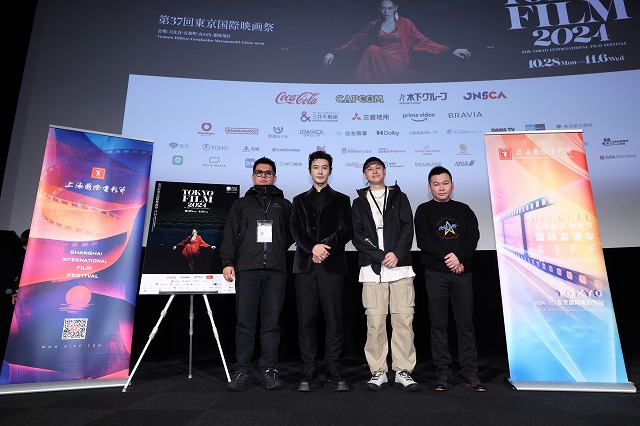
Wei Shujun’s fourth feature, Mostly Sunny, received its international premiere at the Tokyo International Film Festival on October 29 in TIFF’s World Focus section, and the writer-director was on hand to greet a thronged weekday theater with his star Huang Xiaoming, cinematographer Chengma Zhiyuan and producer Wang Caitao, who encouraged the audience to spread the word on social media.
Previously titled Don’t Worry, Be Happy upon its world premiere at the 2024 Shanghai International Film Festival, the quirkily heartwarming dramedy is a real treat for cinephiles, with an extremely moving story, perfectly cast lead performances, spectacular production design and a hilarious, extended cameo by Chinese auteur Jia Zhang-Ke. Wei is the only Chinese director of his generation to be selected for Cannes three times, and his previous work — Only the River Flows (2023), Ripples of Life (2021), Striding into the Wind (2020) and the short On the Border (2018) — has been heralded at such festivals as the Toronto International Film Festival, Busan International Film Festival and BFI London Film Festival.
Audiences unfamiliar with the film’s handsome star Huang Xiaoming (as if there are any!) were surely surprised to see him on stage in Tokyo without the excess pounds, bad teeth and unflattering hairstyle sported by his character, Wu You. A role that won him Huang the Best Actor Award in Shanghai, Wu is an intellectually challenged young man who lives a life seemingly styled after the British aristocracy in a lovely home with his beloved mother Shen Liping (Lu Xiaofen).
In Mostly Sunny, Wu You leads a happy life, despite his disability, bolstered by his membership in the (cult-like) Sunshine Club, an organization spreading thoughts of success. Led by Dr. Cai (Jia Zhang-Ke), who has members belt out powerful renditions of “Don’t Worry, Be Happy” and spouts aphorisms in cripplingly poor English, like “Impossible is nothing!” When his mother suddenly falls ill, Wu You firmly believes that as long as sunshine can reach her heart, miracles can happen. His brother Wu Di (Zu Feng) insists on a more traditional route to healing, but even he resorts to highly unorthodox measures when the family unit begins to collapse.
TIFF Programming Director Shozo Ichiyama began the session by asking how Wei had come up with the intriguing premise of a Sunshine Club in the film, and how he’d decided on the familiar song used liberally throughout. Wei responded, “I was talking to the writers and we came up with this idea. Being happy and having fun is really important, so we wanted to include this club in the film. There were other candidates for the song ‘Don’t’ Worry, Be Happy,’ but we thought this one fit the best.”
Wei was asked about his influences, many of which are apparent in the opulent complexity of his work. “Many things have influenced me, but they’ve all become part of my life. As far as influences for this film, one was about my encounter with Mr. Huang, who gave me a lot of thoughts about the character, which I think he was perfect for. He told me his family motto was to ‘Live a rich life with simplicity.’”
Asked about Wu You’s unusual nickname for his mother, whom he alternately calls “Mama” and “Jessica,” the director explained that it was a way to stress how Wu wanted to live in a Western style, and also, “he’s influenced by the guru, Dr. Cai, who’s always sprinkling his words with English phrases.”
Discussing his character’s relationship to his mother, Huang told the audience (many of whom waved and gave him the thumbs up throughout the Q&A), “I always wanted to play in a mother-son film. I come from a province where we really care for our parents, and I was able to find a really special bond between these two and among the family in the film. I was able to express all the feelings I have for [my own family].”
The cinematographer was asked about the aspect ratio of the film, which a classic 4 x 3 TV size. Said Chengma, “I’m very happy that you noticed the difference in aspect ratio, thank you. Nowadays, we have a much wider vision, 16 x 9, and that’s good for depicting outside scenes. But this film is all about the characters and their relationships, which is what we focused on.”
Asked whether it was different acting in that narrower frame, Huang joked, “The only difference for me is that it made me look even wider.”
Q&A Session: World Focus
Mostly Sunny
Guests: Wei Shujun (Director/Screenplay), Huang Xiaoming (Actor), Chengma Zhiyuan (Cinematographer), Wang Caitao (Producer)











